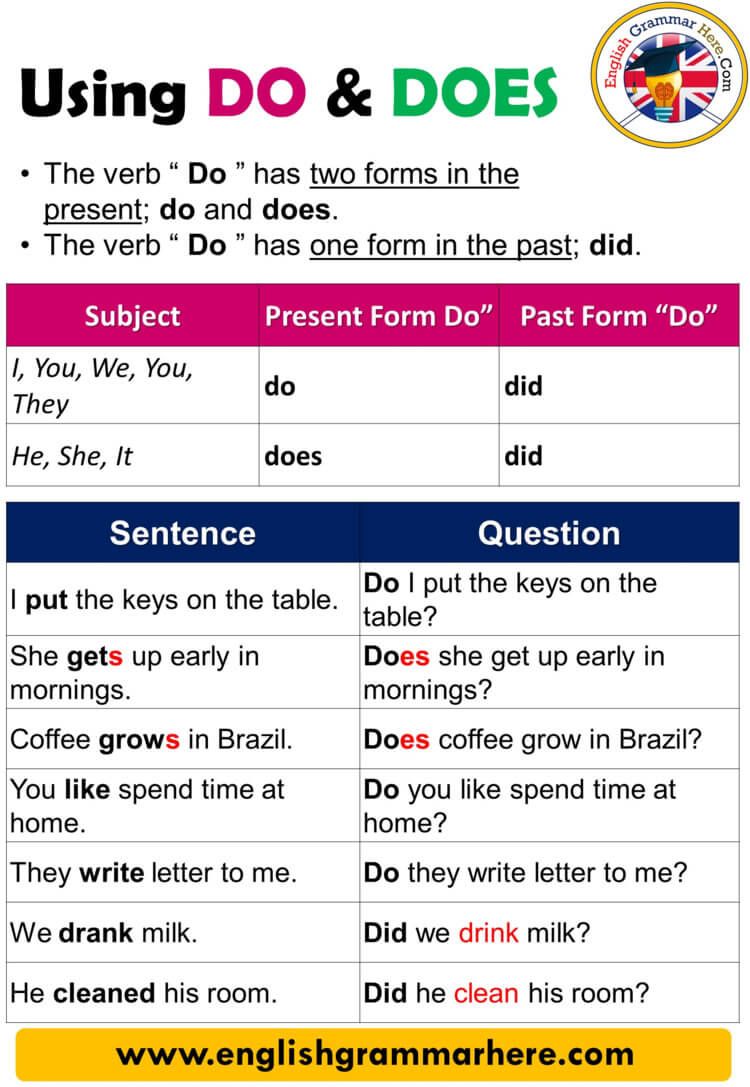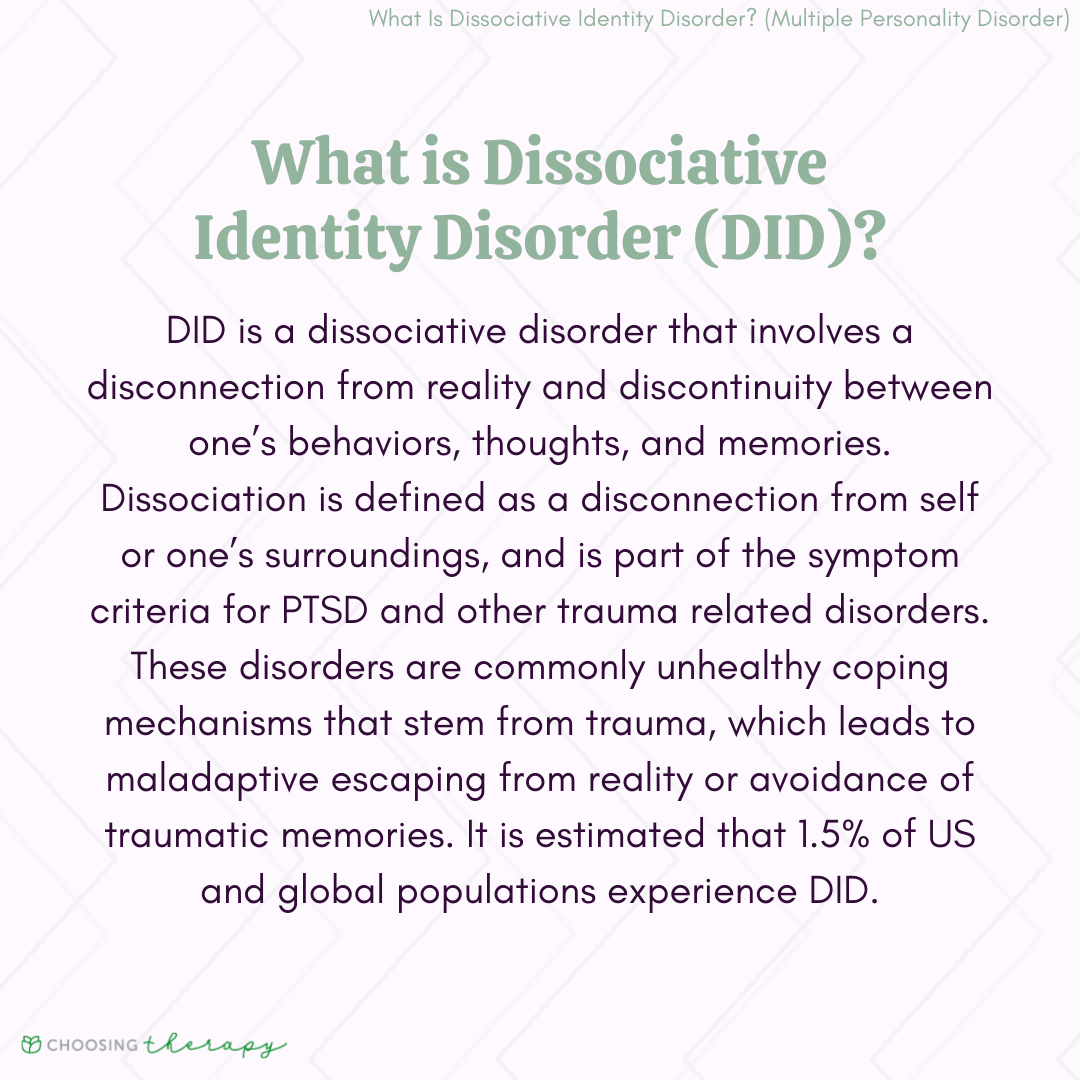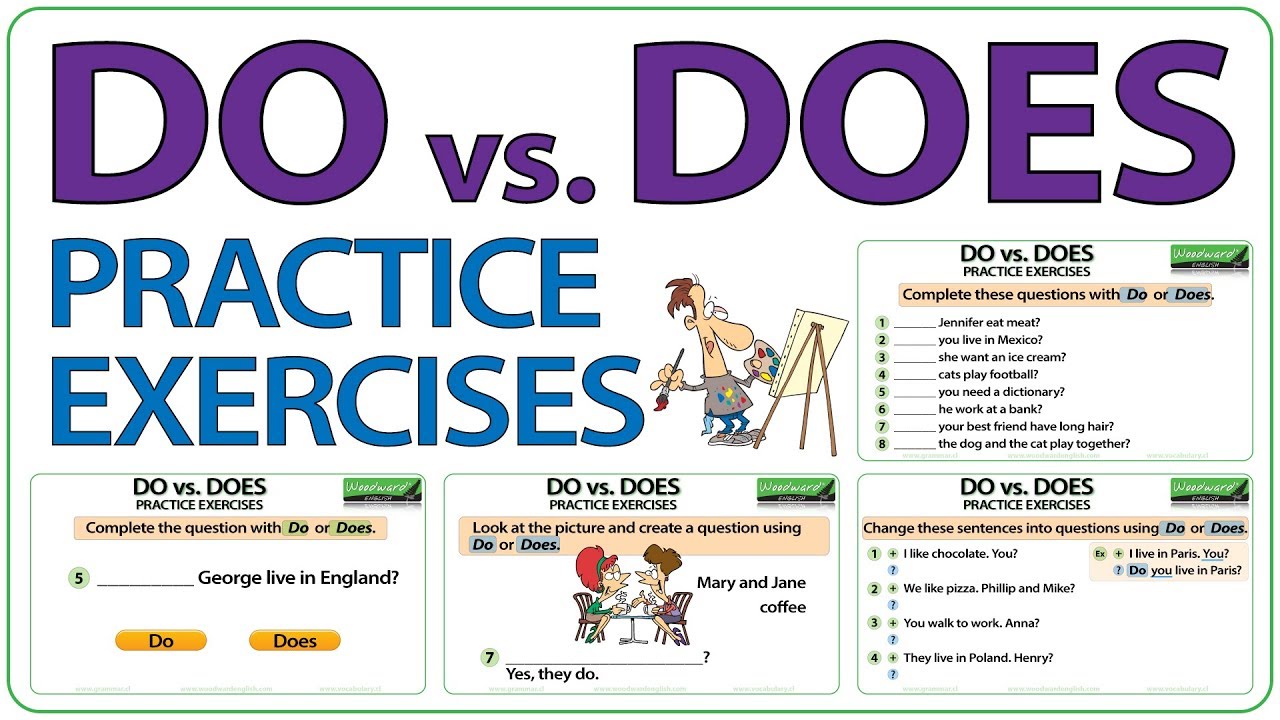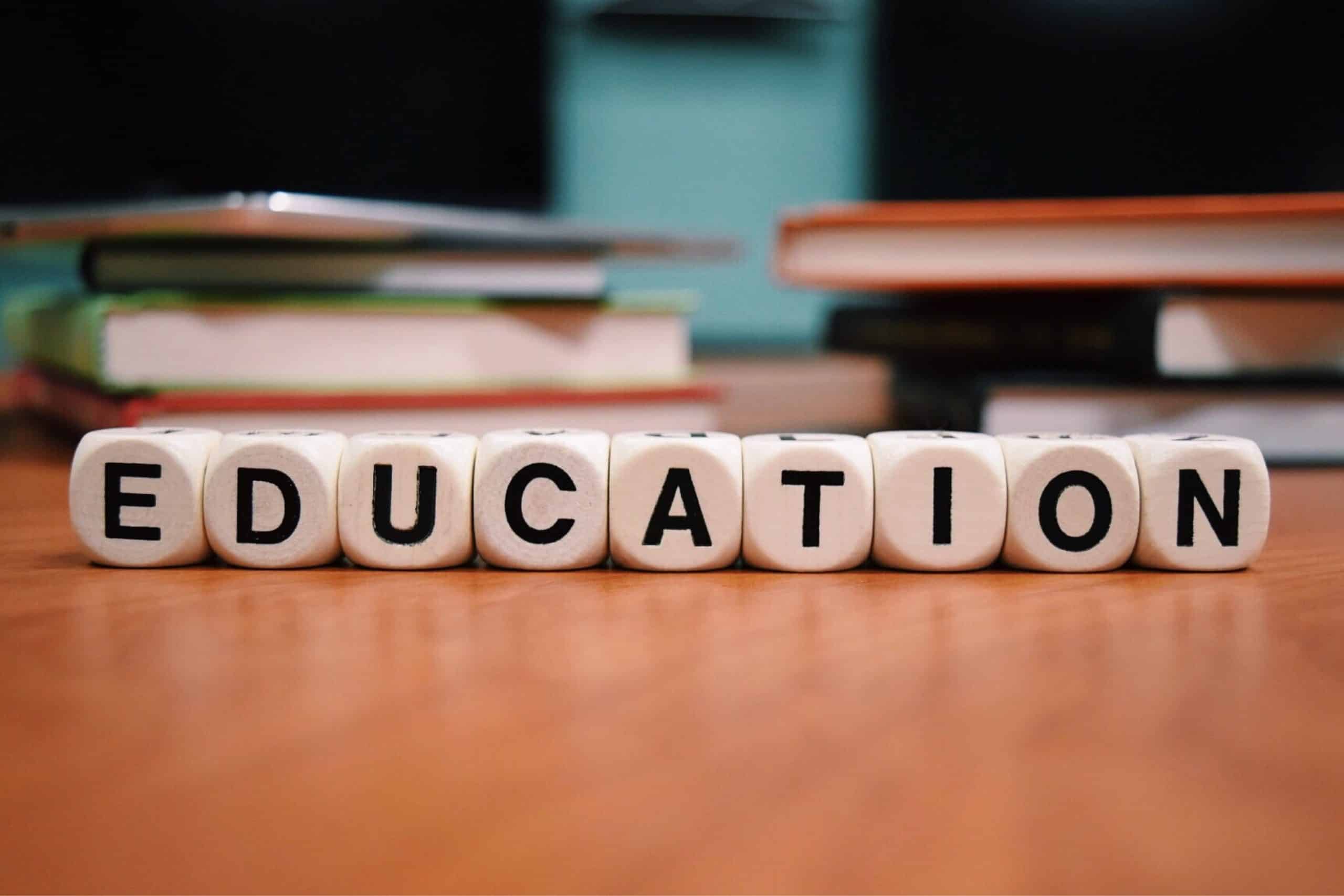Actionable Guide to Building a Sustainable Travel Lifestyle
Introduction: Redefining Life Through Travel
Living a travel lifestyle is more than just taking vacations-it’s a deliberate shift toward experiencing the world while sustaining your income, habits, and well-being. This guide provides comprehensive, actionable steps to help you transition from conventional routines to a life shaped by continuous exploration. Whether you’re seeking digital nomad freedom, long-term adventure, or a blend of work and travel, each section delivers clear strategies and alternatives for success.
1. Commit to a Travel-Focused Mindset
Success begins with prioritizing travel as a core value in your life. Choose travel as a long-term goal, not just a fleeting desire. Set intentions for what you want from your travel experiences-such as personal growth, cultural exchange, or professional advancement. Evaluate your current obligations and determine which can be paused, delegated, or ended to make room for mobility. For many, this means reassessing work, possessions, and relationships to embrace flexibility. Deciding to make travel a priority requires honest reflection and goal-setting, which can be facilitated by journaling or discussing plans with trusted peers [3] .
2. Manage Finances for Sustainable Travel
Financial stability is critical for long-term travel. Begin by assessing your savings, income sources, and debts. Create a realistic budget by estimating travel costs-including accommodation, transport, insurance, and daily expenses-tailored to your preferred destinations. Use tools like Nomad List for city-by-city cost breakdowns and SkyScanner for flight price comparisons [4] . Many seasoned travelers aim for a daily budget, adjusting for local living costs and unexpected expenses.
Consider the following steps:
- Reduce fixed expenses by selling unused items, ending subscriptions, and minimizing storage costs [3] .
- Establish remote income through digital work (e.g., writing, design, programming), freelancing, or teaching online. Location-independent careers allow you to earn in strong currencies while living in affordable regions [5] .
- Invest for passive income if possible, using high-yield savings or rental income from property you own [2] .
Downsizing and optimizing your finances frees you to focus on experiences rather than material obligations.
3. Downsize and Simplify Your Life
Transitioning to a travel lifestyle often means letting go of possessions and commitments that tie you to one location. Begin the process early by selling, donating, or gifting items you no longer need. This not only funds your travels but also makes mobility easier. If you own property, consider renting it out for steady income or selling it to boost your travel fund [2] . Eliminate unnecessary subscriptions and avoid acquiring new possessions that add to your burden.
Case studies show travelers who simplify their lives experience less stress and more freedom. For example, many digital nomads travel with only a carry-on bag, allowing them to move quickly between destinations and avoid checked luggage fees.
4. Secure Logistics: Documents, Insurance, and Health
Managing logistics is essential for hassle-free travel. Key steps include:

Source: enjoytravellife.com
- Passports and Visas: Renew your passport and research visa requirements for each country you plan to visit. Some visas must be acquired before departure; others can be obtained on arrival [4] .
- Travel Insurance: Reliable coverage protects you from medical emergencies and trip disruptions. Companies like SafetyWing offer flexible policies for digital nomads and long-term travelers. Always verify the provider and coverage terms before purchase [4] .
- Health Preparations: Check vaccination requirements for your destinations. Consult your healthcare provider for recommendations and schedule necessary appointments well in advance [4] .
- Communication: Decide whether to use roaming, local SIM cards, or portable WiFi devices. Research costs and compatibility for your phone and carrier [4] .
Documenting these logistical steps in a digital planner or spreadsheet helps you stay organized and avoid last-minute surprises.
5. Develop a Routine for Productivity and Well-Being
Maintaining structure is crucial when your environment is constantly changing. Create a daily schedule that balances work, exploration, rest, and social activities [1] . Identify essential habits-such as exercise, reading, or meditation-and carve out time for them regardless of your location. A stable routine supports mental health and prevents burnout.
Many travelers establish a “third home”-such as a favorite co-working space or local café-to foster productivity and comfort. These spaces provide a sense of stability and community, even in new cities [1] .
6. Build Social Connections and Community
Travel can be isolating without proactive efforts to connect. Seek out social events, local meetups, and group activities to build friendships and networks. Platforms like Meetup.com and Facebook Groups are widely used for finding local gatherings and interest-based communities. Staying in hostels or shared accommodations also facilitates socializing, with many offering group tours, cultural nights, and communal spaces [1] .
Participating in language exchanges, volunteering, or joining co-working hubs can deepen your connection to local cultures. Regular social engagement enhances your travel experience and builds a support system for challenges that may arise.

Source: storylines.com
7. Embrace Flexibility and Adaptation
Unexpected obstacles are part of life on the road. Successful travelers are adaptable, open to changing plans, and resilient in the face of setbacks. If a destination proves too costly or restrictive, be prepared to move on or adjust your itinerary. Consider alternative locations-smaller towns, off-season travel, or lesser-known regions-to find affordable options and authentic experiences [4] .
Document your journey through blogging, vlogging, or journaling. This not only preserves memories but can also become a source of income or community building if shared publicly [2] . Research blogging before committing, as it requires consistent effort and may not suit everyone.
8. Accessing Resources and Opportunities
To access remote work opportunities, utilize reputable job boards and professional networks such as LinkedIn, Upwork, and Remote.co. For accommodation, platforms like Airbnb and trusted hostel booking sites offer reviews and verified listings. Always check for updated information and reviews before making commitments.
If you seek travel insurance, research providers like SafetyWing and read user testimonials to ensure reliability. For travel planning, use tools like SkyScanner for flights and Rome2Rio for ground transport cost comparisons [4] . When searching for visas or health requirements, visit the official embassy or consulate website for your destination-avoid unofficial sources to prevent misinformation.
When uncertain about finding a service or opportunity, use specific search terms such as “remote work jobs,” “digital nomad visa [country],” or “best travel insurance for long-term travel.” Community forums and online groups can also provide recommendations and firsthand experiences.
Potential Challenges and Solutions
Common challenges include homesickness, financial strain, and cultural adjustment. Solutions include maintaining regular contact with family and friends, setting emergency funds, and learning basic local phrases wherever you go. If facing visa or bureaucratic hurdles, consult official government websites or local expat communities for guidance.
Traveling long-term is not always glamorous; expect days of routine, fatigue, or uncertainty. Accept these as part of the journey and reframe obstacles as opportunities for growth. Diversifying income streams, maintaining health insurance, and cultivating adaptability are key strategies for overcoming difficulties.
Key Takeaways
Building a travel lifestyle is a process of intentional planning, financial management, and personal adaptation. By following the steps outlined-prioritizing travel, securing income, downsizing, organizing logistics, fostering routine, engaging socially, and remaining flexible-you can create a sustainable, rewarding life on the road. Remember to seek verified resources, use trusted platforms, and prioritize safety and well-being at every stage.
References
- [1] Salvador Briggman (2023). 21 Digital Nomad Lifestyle Tips For Travel and Life.
- [2] GloboTreks (2022). How to Start an Unconventional Life of Travel.
- [3] A Little Adrift (2025). How to Plan World Travel.
- [4] I Am Aileen (2025). How to Quit Your Job & Travel the World.
- [5] Just One Way Ticket (2020). I Want To Travel For The Rest Of My Life.
MORE FROM oncecoupon.com













